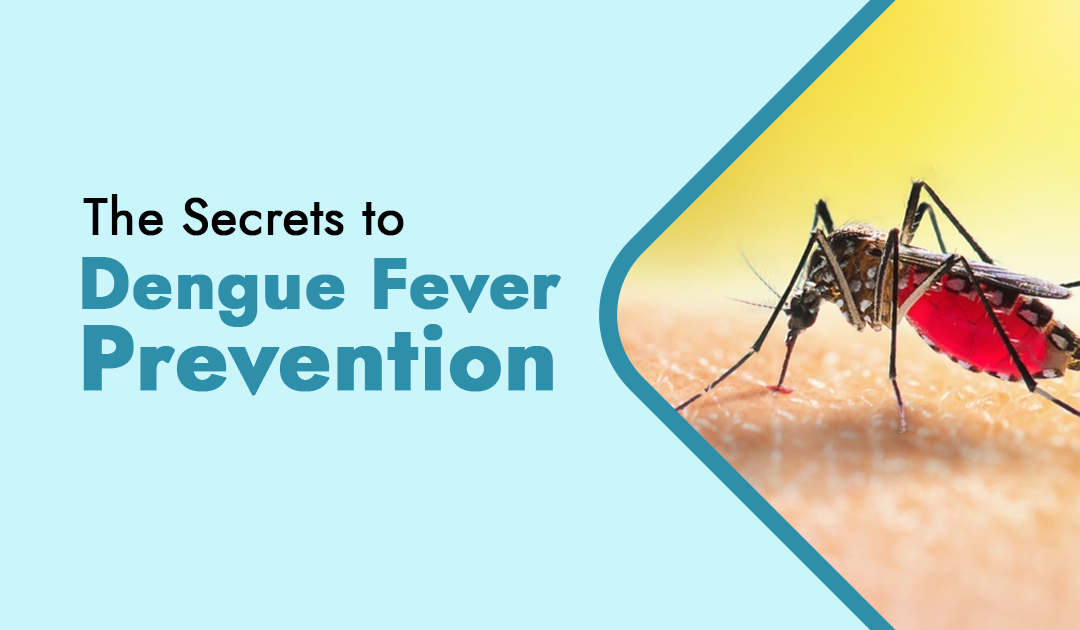
Debunking 3 Common Myths About Malaria
This statistic is not merely a number. It translates to several parts of India having high malaria incidence and deaths. For instance, states like Mizoram (API 4.61) and Tripura (API 2.43) have recorded high malaria incidence with the help of the Annual Parasite Incidence meter. Regions in states like Chhattisgarh, Jharkhand, Maharashtra, Meghalaya, Odisha, and West Bengal have an API of more than one, indicating the additional scope of risk if untreated.
Malaria is a life-threatening disease spread to humans by specific kinds of mosquitoes, which are commonly found in tropical regions. The symptoms of malaria range from mild to life-threatening. The mild symptoms consist of fever, chills, and headache. On the other hand, the severe symptoms are fatigue, confusion, seizures, and inconsistent breathing.
Malaria can impact anybody. However, infants, children under the age of 5, expectant mothers, young girls, travelers, and people suffering from HIV or AIDS are more prone to developing severe infections. This disease can be prevented by simply avoiding mosquito bites or with the help of medication, or repellents. The right diagnosis at the right time can be extremely helpful in managing the symptoms before they worsen.
It is important to note that malaria is caused by a parasite and does not spread from one person to the other. It is not a communicable disease.
What Are the Symptoms of Malaria?
The earliest and most common indicators of malaria include fever, headache, and chills.
The onset of symptoms typically occurs within 10 to 15 days following a bite from an infected mosquito.
The severe symptoms consist
- Extreme tiredness and fatigue
- Impaired consciousness
- Multiple convulsions
- Difficulty breathing
- Dark or bloody urine
- Jaundice (yellowing of the eyes and skin)
- Abnormal bleeding
Those experiencing severe symptoms should seek emergency medical attention immediately. Early treatment for mild malaria can prevent the infection from worsening.
Malaria during pregnancy may also lead to premature birth or result in a baby with a low birth weight.
What are the 3 Common Myths Associated with Malaria?
Myth No. 1: Malaria is transmitted solely through bites from mosquitoes.
Fact: Although mosquito bites are the main way malaria spreads, it can also be transmitted via blood transfusions and from a mother to her child during pregnancy.
Myth No. 2: Malaria can be cured with a single dose of medication.
Fact: Treatment for malaria generally consists of a mix of medications and often requires several doses spread over several days.
Myth No. 3: Malaria affects only specific groups of individuals.
Fact: Malaria can affect anyone, irrespective of their age, gender, or health condition. However, specific groups like young children, expectant mothers, and individuals with weak immune systems are at greater risk of serious illness.
It is important to prevent malaria. Implement measures to avoid mosquito bites, such as applying insect repellent, wearing protective attire, and sleeping beneath mosquito nets.
Immediate diagnosis and intervention are essential. Timely medical care can help reduce the possibility of severe complications and decrease the risk of death.
This World Malaria Day, let’s raise awareness and take action against malaria, promote early diagnosis and treatment, and support ongoing research. Let’s take steps to get closer to a malaria-free world.
Misinformation regarding developmental conditions is known to spread quickly, and therefore, months such as April, dedicated to World Autism Awareness, go a long way in debunking the common myths and providing authentic information about the condition. If you are autistic or a parent of an autistic child or both, this blog might help you get answers to some of the common misconceptions about Autism Spectrum Disorder.
Myth 1: Autism is an Illness.
Several people refer to autism as an illness or a disease, but the truth is that it is merely a neurodevelopmental disorder. This means that when you compare a child with autism to one without, the brain development and function of the former is different from the latter. However, it is important to note that different does not necessarily mean bad or wrong. All individuals with autism do not face the same challenges. As the name suggests, it is a spectrum of disorders and needs to meet a criterion for proper diagnosis.
Myth 2: It is a Mental Illness.
Contrary to popular belief, autism is not found under mental illnesses. While all healthcare professionals rely on the Diagnostic and Statistical Manual of Mental Disorders (DSM-5) to diagnose neurodevelopmental disorders and mental health conditions, it is not a known fact that the book is divided into multiple categories for both sections.
A key difference between the two is that mental health conditions such as schizophrenia, bipolar disorder, or substance use disorder develop at a later stage in life, whereas autism spectrum disorder is a neurodevelopmental disorder, meaning the child is born with it. Several studies suggest that an individual with autism may be prone to developing psychiatric disorders as well, so the parents must look for shifts in moods and behavior in the child as they would with any other. While there are rehabilitation and treatment programs for those with mental health conditions, there are none for autism.
Myth 3: There’s an Epidemic of Autism.
The number of those with autism is growing. While this may sound like an epidemic, it is mainly because of four major factors consisting of:
- Larger recognition because of awareness and the availability of resources and tools for autistic children. This allows for early intervention, and supportive therapies play a huge role in diagnosing children with autism.
- Better medical expertise in autism is causing healthcare professionals to diagnose the condition in a quicker and enhanced way.
- Changes to the diagnostic criteria of DSM-5 in 2013 caused Autism Spectrum Disorder to be referred to as an umbrella diagnosis. This meant that Asperger’s syndrome, autism, childhood disintegrative disorder, and pervasive developmental disorder were replaced in the manual and then grouped under the ASD diagnosis, making ASD more popular overnight.
- New rules enabled healthcare professionals to diagnose Attention Deficit Hyperactivity Disorder (ADHD) with Autism Spectrum Disorder (ASD), which wasn’t allowed before. This caused both conditions to become more common, as both often occur together.
While research does hint toward an increase in the number of children with ASD, it does not meet the criteria of an epidemic.
Autism can be difficult to deal with. While we have walked a long way to understand the condition, we still have miles to go because of misinformation. If your child has autism, it’s essential to consult healthcare professionals for personalized guidance. While this blog here may provide helpful insights, nothing replaces expert advice.
If you have further questions, we are here to help! Book an appointment today and let’s work together to provide the best possible care for your child.




